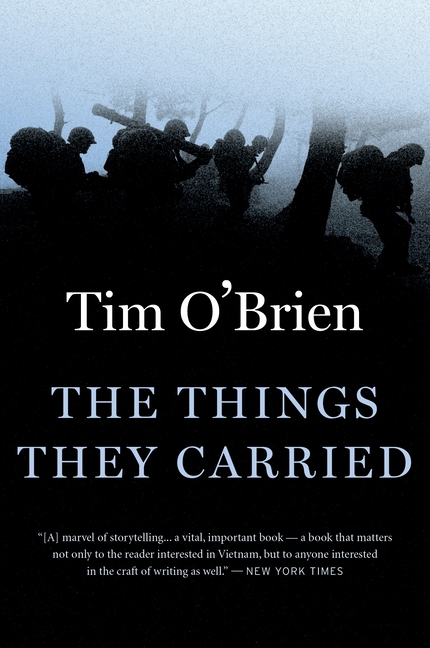Audiobook Excerpt narrated by Tom Stechschulte
The Things They Carried |
Audiobook excerpt narrated by Tom Stechschulte.
Volume 90%
Press shift question mark to access a list of keyboard shortcuts
Keyboard Shortcuts
Play/PauseSPACE
Increase Volume↑
Decrease Volume↓
Seek Forward→
Seek Backward←
Captions On/Offc
Fullscreen/Exit Fullscreenf
Mute/Unmutem
Seek %0-9
Translate this transcript in the header View this transcript Dark mode on/off
This audio excerpt is provided by Recorded Books.


